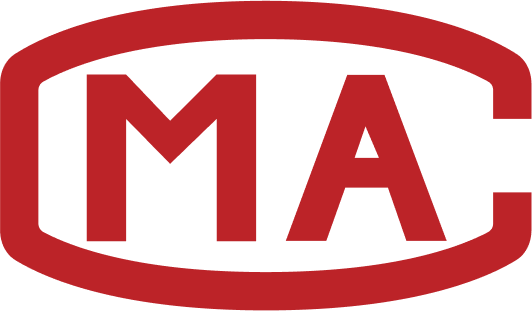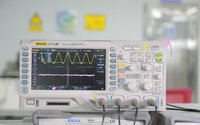What is EMC testing? Main contents of EMC performance test
Date:2022-06-23 17:55:00Views:884
EMC test is also called electromagnetic compatibility (EMC), the full name of which is Electromagneticcompatibility. It refers to the comprehensive evaluation of the electromagnetic interference (EMI) and anti-interference (EMS) of electronic products. It is one of the important indicators of product quality. EMC measurement consists of test sites and test instruments. EMC, that is, electromagnetic compatibility, includes two requirements: the first refers to the maximum limit of electromagnetic interference generated by the equipment to the environment during normal operation; The second refers to the immunity of the appliance to electromagnetic interference in its environment. Firstly, the equipment shall be able to work normally under certain electromagnetic environment, that is, the equipment shall have certain electromagnetic immunity (EMS); Secondly, the electromagnetic disturbance generated by the equipment itself cannot have too much impact on other electronic products, that is, electromagnetic disturbance (EMI).
EMC test main categories
EMC includes EMI (electromagnetic interference) and EMS (electromagnetic tolerance). The so-called EMI electromagnetic interference refers to the electromagnetic noise generated by the machine itself in the process of performing its functions, which is not conducive to other systems; EMS refers to the ability of the machine not to be affected by the surrounding electromagnetic environment in the process of performing its due functions.
_20220623175343_816.jpg)
1.emi (electro magnetic interference) - electromagnetic interference test. The purpose of this test is to detect the impact of electromagnetic radiation generated by electrical products on human body, public power grid and other electrical products in normal operation.
What is the main content of EMI test?
Radiated emission - radiation disturbance test
Conducted interference
Harmonic - harmonic current disturbance test
Flickr - voltage change and flicker test
2.ems (electro magnetic immunity) - electromagnetic immunity test. The purpose of this test is to test whether the electrical products can work stably in the electromagnetic environment without being affected.
What is the main content of EMS test?
ESD - Electrostatic immunity test
Rs-rf electromagnetic field radiation immunity test
CS - Conducted disturbance immunity test induced by RF field
Dip - voltage sag, short interruption and voltage change immunity test
Surge - surge (impact) immunity test
EFT - Electrical fast transient burst immunity test
Pfmf - power frequency magnetic field immunity test
Definition of spurious: refers to the radiation (i.e. far end radiation) on discrete frequencies other than carrier frequency and sideband and adjacent channels caused by normal modulation and switching transients when modulated with standard test signals. Stray radiation can be divided into conduction type and radiation type according to its source.
Conducted spurious: refers to the level power of any discrete signal measured on a 50 ohm load at the connector of the antenna.
Radiation stray: stray disturbance caused by the shell, structure and interconnection cable of the test equipment. The test conditions are preferably conducted in the anechoic chamber or outdoors.
EMC test steps
1. Specify test program and test details
2. Criteria for determining
3. Exchange test interface information
4. Check measuring instruments
5. Start itemized test
6. Issue test report
The above is the EMC performance test related content compiled by the creative core testing team. I hope it can help you. Shenzhen Chuangxin Online Testing Technology Co., Ltd. is a well-known professional testing institution for electronic components in China, with 3 standardized laboratories covering an area of more than 1000 square meters. The scope of testing services covers: testing and verification of electronic components, IC authenticity identification, material selection for product design, failure analysis, function testing, factory incoming material inspection, X-ray testing of components and parts, tape braiding and other testing items.




 Weixin Service
Weixin Service

 DouYin
DouYin
 KuaiShou
KuaiShou




















